Psychiatrist Dr. Stan Kutcher in Halifax, has been working with the IWK Health Centre and Teenmentalhealth.org to generate an online resource for teens, parents, and educators on how to address concerns regarding the show and discuss mental health issues with young people.
The resource (link below) specifically highlights concerns such as how the show glamorizes or romanticizes suicide/self-harm raising the concern that there may be an increase in such behaviours by vulnerable youth, presents adults/others as unknowing or unhelpful, and most importantly does not address mental illness which often underlies suicidal thoughts and behaviours.
However, more importantly, the website provides visitors with a "set of talking points", an important document that should be provided to those who watch the series as it both addresses the above concerns, but also guides discussions between youth and their caregivers/educators, and highlights how hope and help are available to those in need.
To find out more, visit:
http://teenmentalhealth.org/news-posts/responding-13-reasons-considerations-schools/
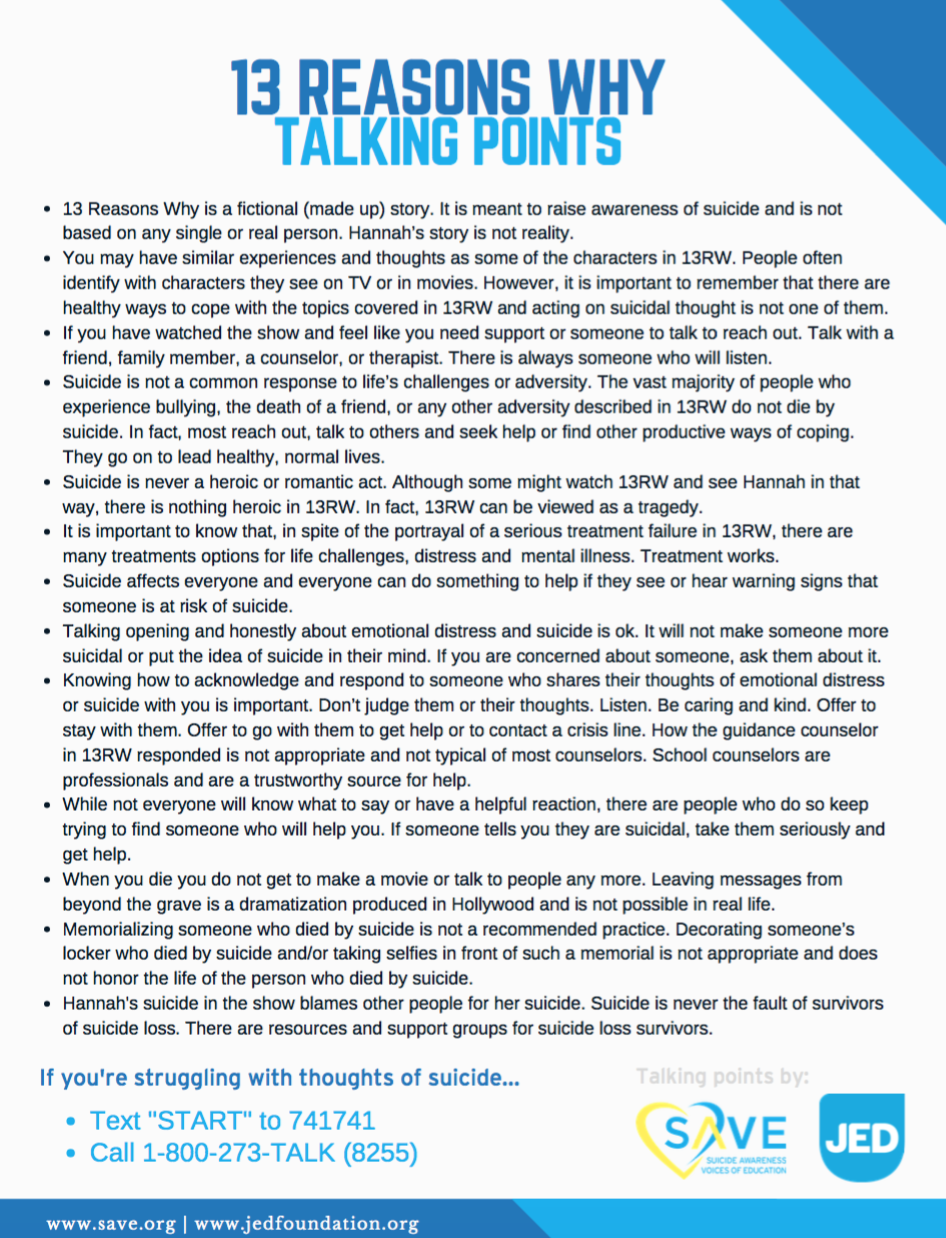
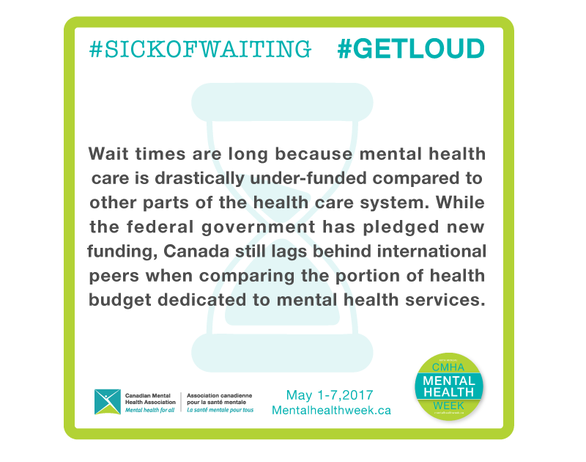






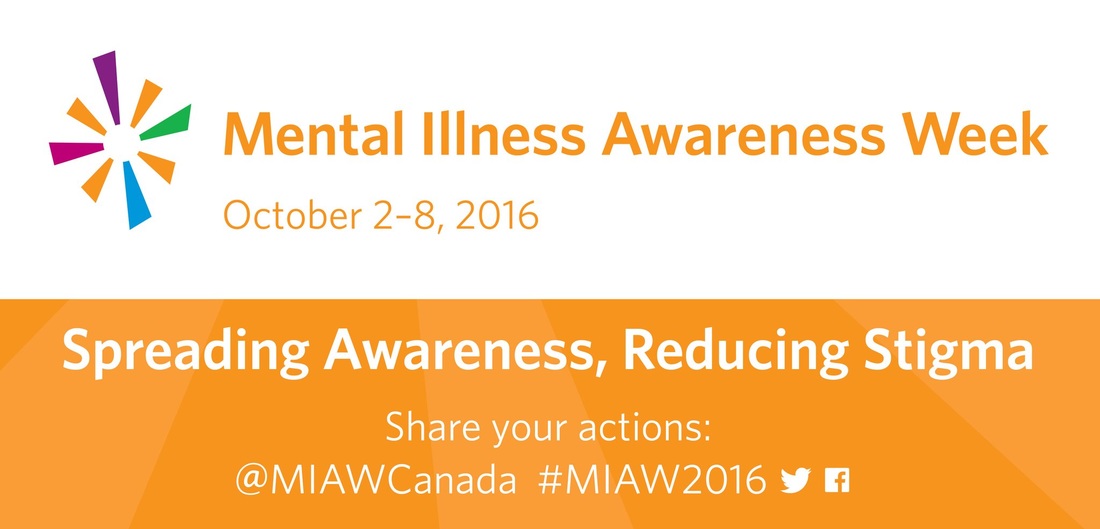
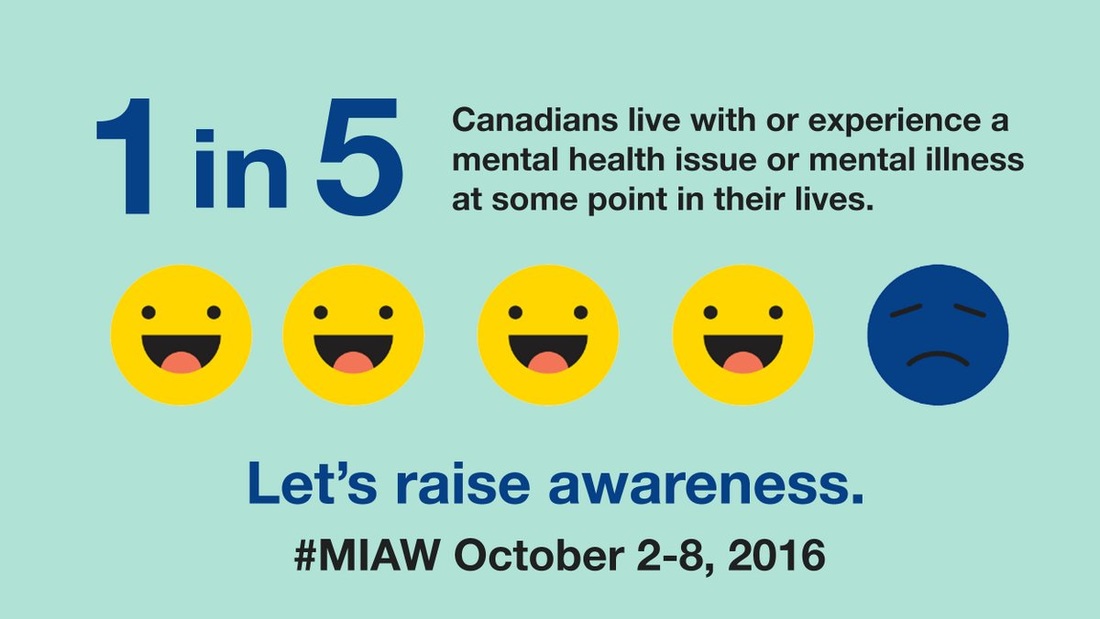
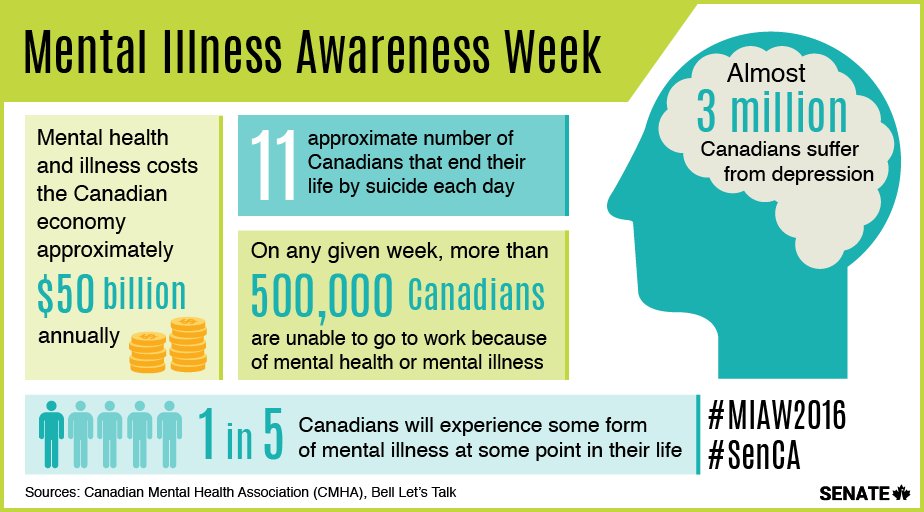

 RSS Feed
RSS Feed
